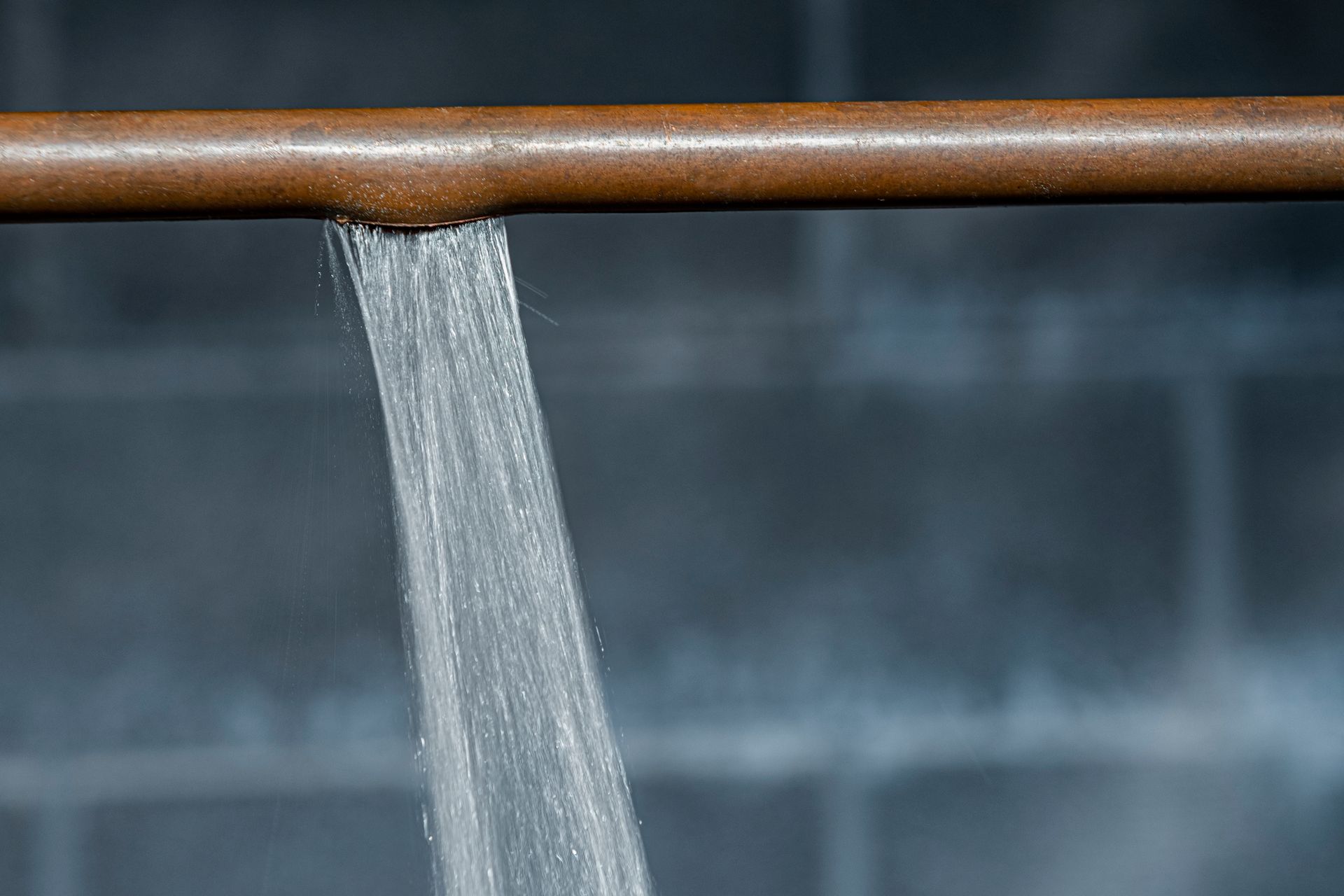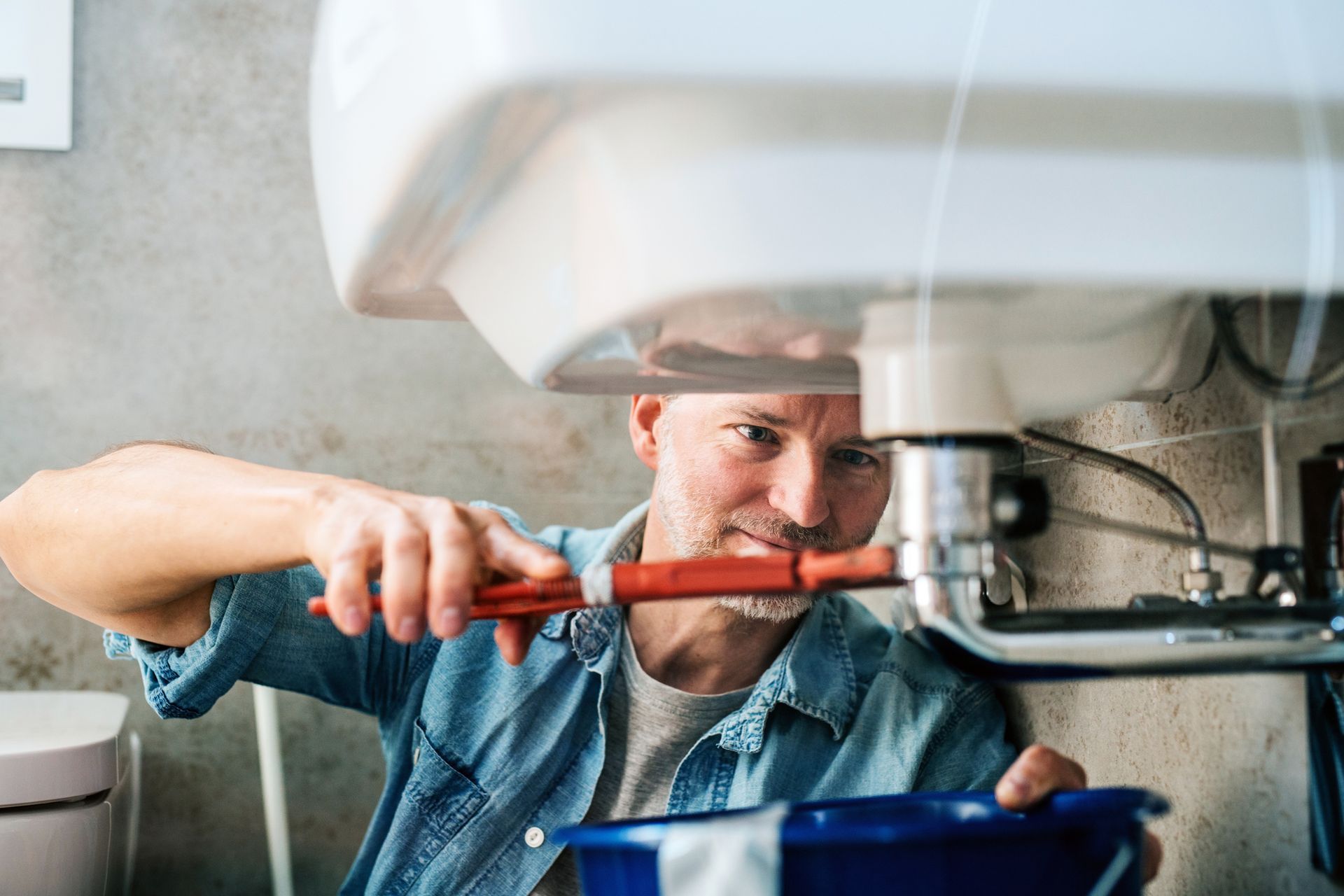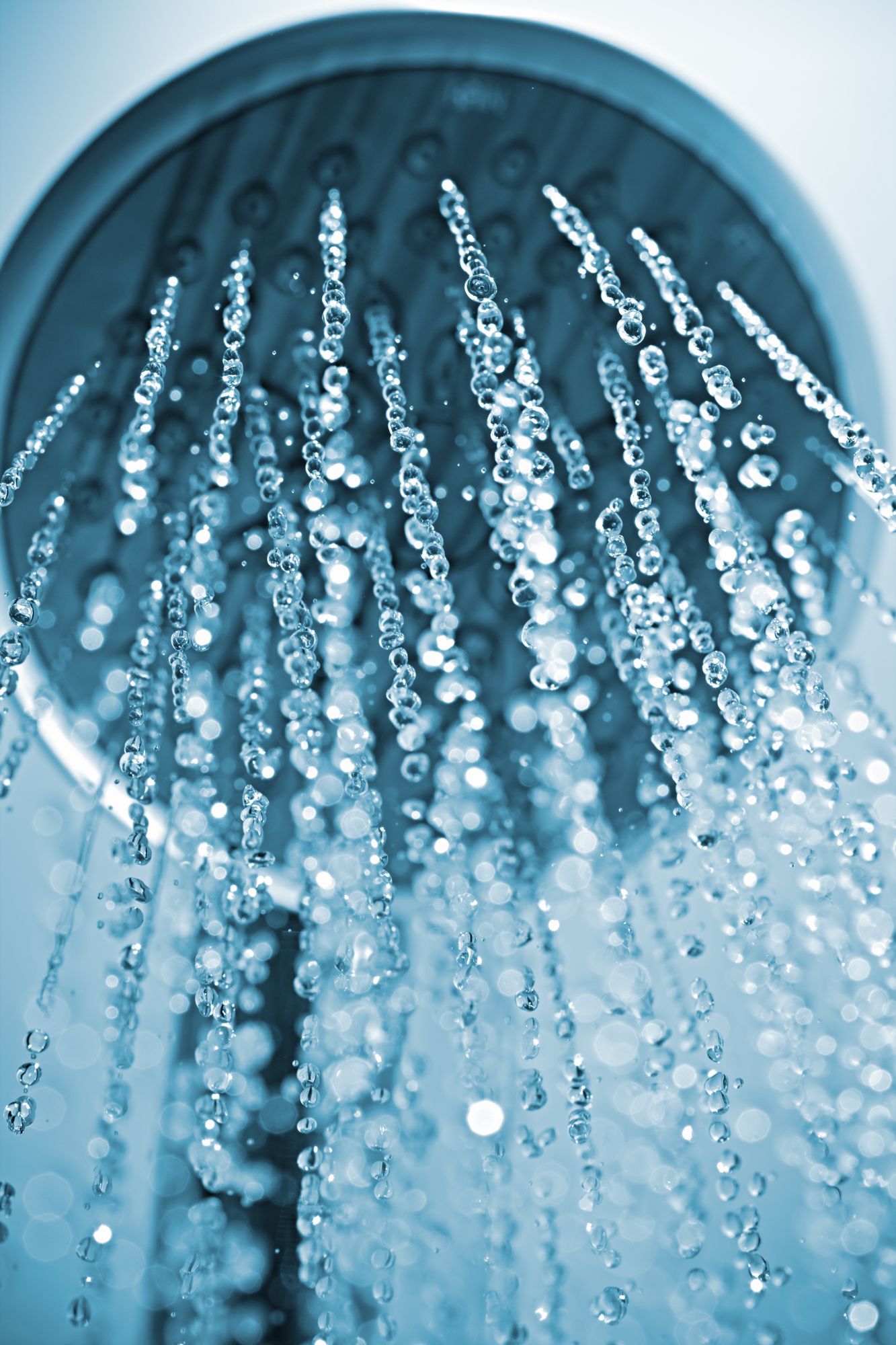Plumbing Misconceptions That Can Damage Your Home
 Through the years, plumbing misconceptions have been passed down from generation to generation. Unfortunately, this misinformation could lead to more problems than solutions.
Through the years, plumbing misconceptions have been passed down from generation to generation. Unfortunately, this misinformation could lead to more problems than solutions.
Learn about some of the biggest plumbing myths, problems that can occur, and ways to avoid the problems so your plumbing runs smoothly in the future. If you have accidentally fallen for any of the misconceptions, you will also learn some of the solutions plumbers can use to help.
1. Using Bricks to Save Water
Each time you flush the toilet, the whole tank has to fill up with water. An old myth states that if you place a brick inside the toilet tank, you can save water as the brick takes up space in the tank and allows the water level to rise faster. Unfortunately, there are many problems with this scenario.
First, you shouldn’t put bricks in your tank. A professional can solve the problem more reliably. Second, the weight and pressure alone of a brick can cause the tank to crack. If the brick moves at all, it could block the drain valve and cause more problems as the tank fills. Pieces of the brick could deteriorate, break off, and get into your plumbing system or clog the toilet.
You have many alternatives if you’re looking for a way to conserve water. The first is with a simple adjustment to the float and float arm. If a plumber lowers the float arm, the tank will not fill up as much. The adjustment could cause a less powerful flush, so a better solution is a new toilet that supplies the same amount of force without using as much water.
A plumber can replace the toilet and ensure the water flow and flush process works correctly so you do not run into problems along the way.
2. Cleaning Garbage Disposals
When many people visualize a garbage disposal, they naturally think of blades spinning around and crushing up material much like a blender. In reality, the garbage disposal uses teeth known as impellers to crush up the solids. Thus, placing ice or egg shells in the disposal to sharpen the nonexistent blades, like the well-known myth suggests, isn’t a great idea.
The only thing the ice will do is get crushed and melt away. One of the worst misconceptions to follow is the use of egg shells in a garbage disposal. Egg shells won’t clean the disposal, but they could cause a lot more problems, including clogs. If enough egg shells are placed inside, the disposal could jam up, which forces you to pay for plumbing services to clean out the device.
Egg shells should be thrown away or placed into a compost bin.
3. Washing Grease With Hot Water
When you cook meats like ground beef and bacon, you create a lot of grease. When mixed with hot water and sent down the drain, you may assume the liquid flows right through the pipes. Old myths say that boiling water will keep grease in liquid form, but this is not always the case.
While the grease may get past the initial drain pipes, pieces of grease will almost assuredly cool and dry along the way, building up and causing clogs. Over time, you will need a plumber to clear out the drain pipes so everything from your sink drains properly.
Keep grease out of the sink and let the grease harden before you dispose it in a regular garbage can. Once you start the routine, you will get used to avoiding grease in your pipes.
4. Using Extra Laundry Detergent
When you want your laundry clean, the logical decision may be to load the washer with extra detergent. Unfortunately, extra detergent will not do much to clean your clothes any more than the recommended amount. If too much laundry detergent is used in the washer, then the extra suds will dry out and build up soap scum over time. The suds can also cause your washer to stay on for longer than necessary, which wastes water.
When enough soap scum builds up, you may notice an odor from your washer. The odor will smell similar to rotten eggs, and while your clothes may not smell, your laundry room area can become unpleasant. The smell can also spread throughout other sections of the home.
The soap build-up can expand beyond the washer and into the drain pipes. A professional cleaning from a plumber can help eliminate the strong odors and keep your water drains clear for future washer use. Once everything is cleaned out, you can adjust the amount of laundry detergent you use.
5. Flushing Flushable Products
As you purchase wipes and cleaning products for the home, you should be weary of anything labeled flushable. Just because the wipes and items go down the drain doesn’t mean they are safe for your drain pipes and septic tank. Thick wipes take a long time to flush down the drain and you should avoid flushing a majority of paper products down the drain.
If you have sewer clogs, a plumber can use a specialized camera to inspect the main drain and find the source of the problem.
Set up an appointment with us at Jim Dhamer Plumbing and Sewer, Inc., to help dispel the myths and keep your plumbing running smoothly. Our professionals can educate you on your plumbing and answer any questions you have about plumbing misconceptions. Call us at (630) 964-2222.
The post Plumbing Misconceptions That Can Damage Your Home appeared first on .
Leave A Reply
More Posts









